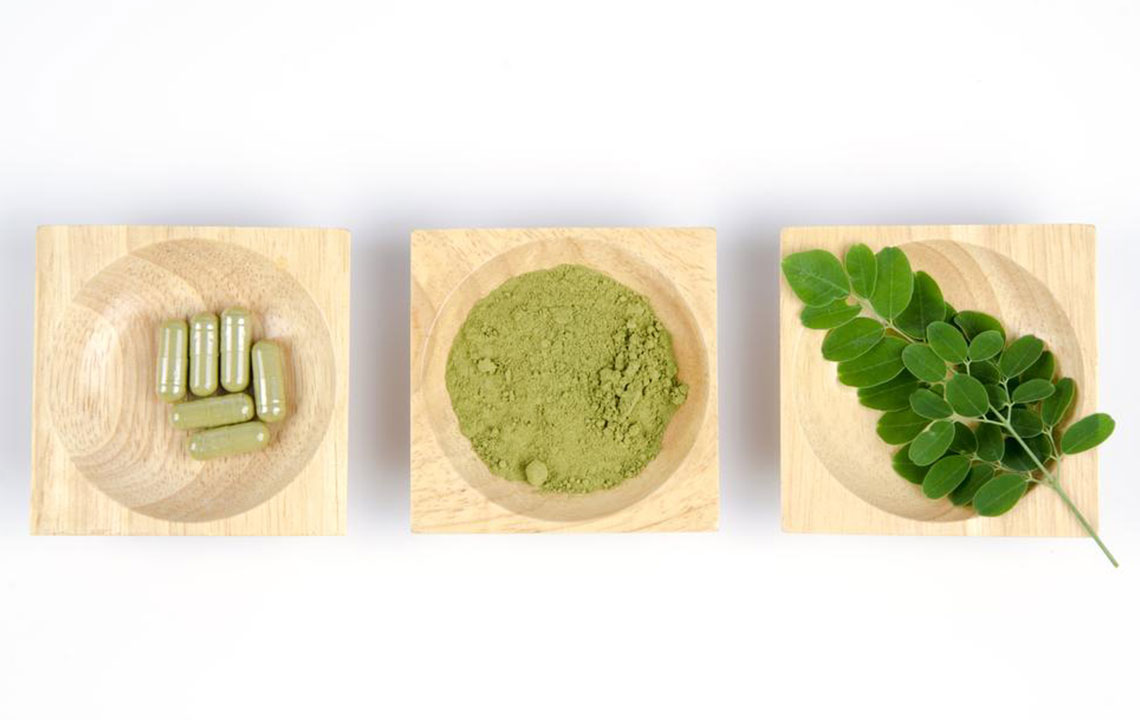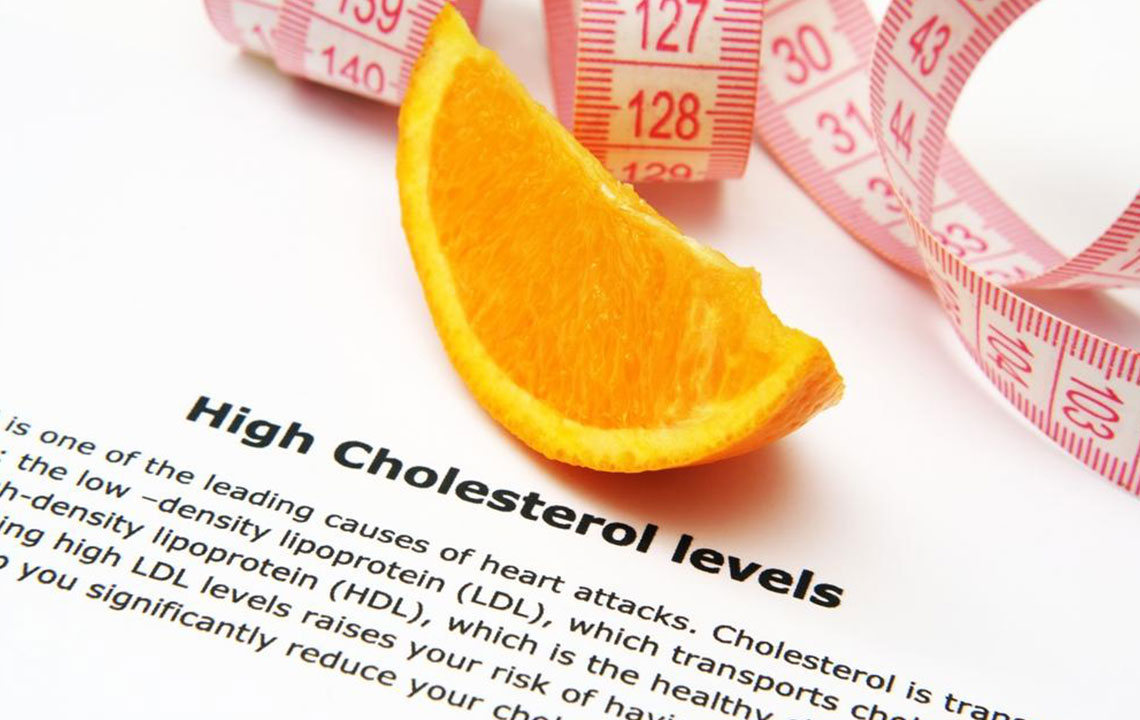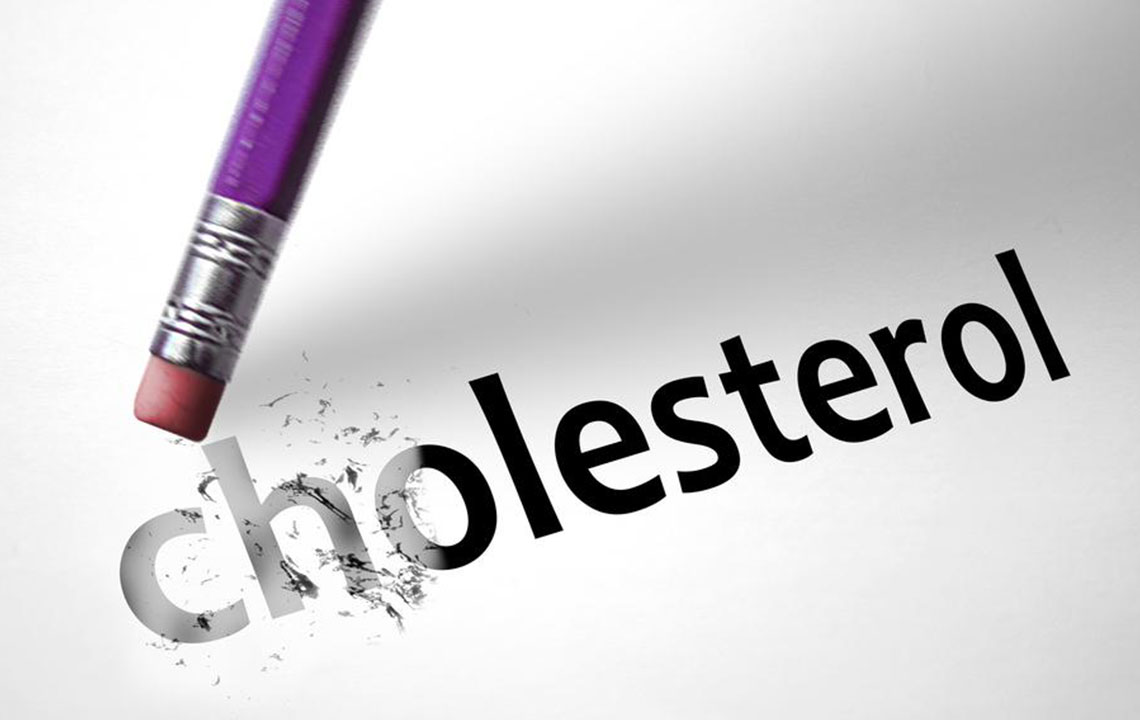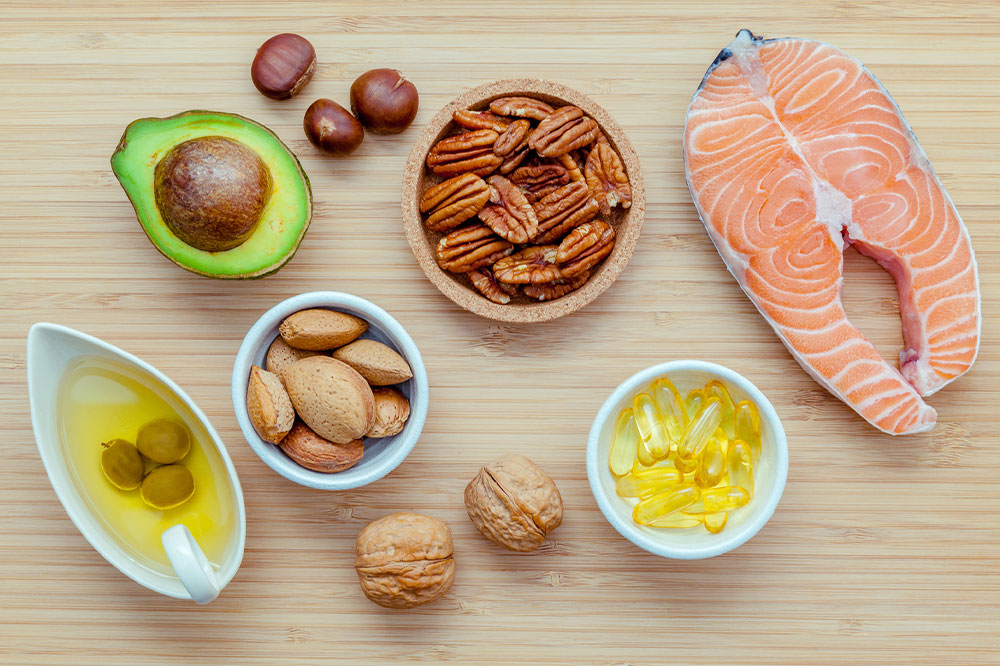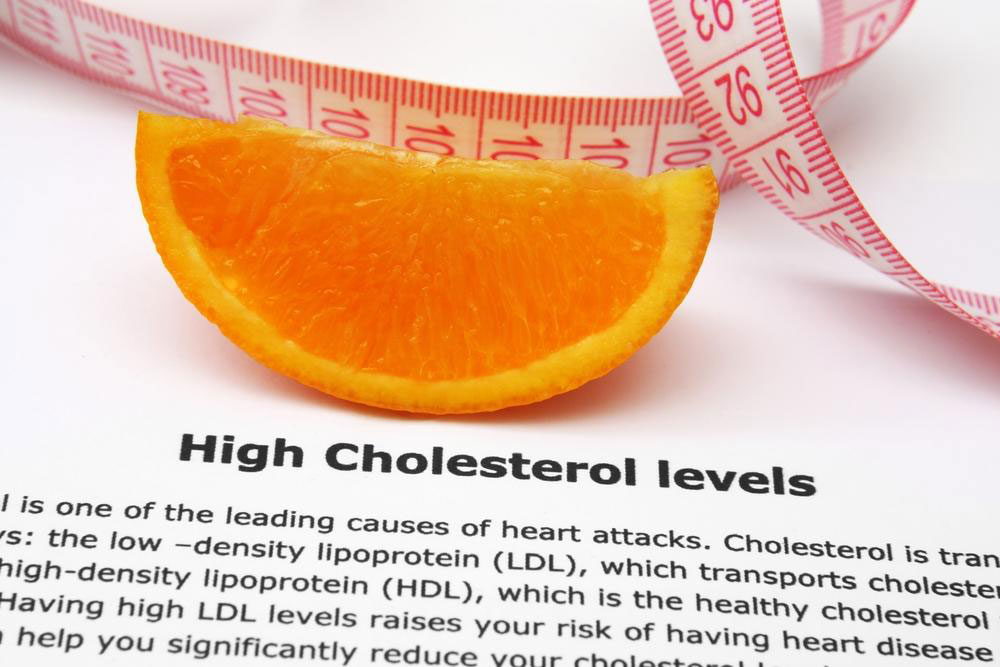Comprehensive Natural Approaches to Lower LDL Cholesterol Safely and Effectively
Discover comprehensive natural strategies to effectively lower LDL cholesterol safely. This detailed guide covers dietary adjustments, physical activity, stress management, and lifestyle changes that promote heart health without medication. Achieve healthier cholesterol levels and reduce cardiovascular risks through practical, sustainable methods suitable for everyone seeking a natural approach to cholesterol management.

Comprehensive Natural Approaches to Lower LDL Cholesterol Safely and Effectively
Elevated cholesterol levels, particularly low-density lipoprotein (LDL) cholesterol, significantly increase the risk of cardiovascular diseases such as heart attacks and strokes. While medications are often prescribed to manage high cholesterol, many individuals seek natural, lifestyle-based strategies that can effectively lower LDL cholesterol without the side effects associated with pharmaceuticals. Implementing a combination of dietary changes, increased physical activity, and stress management can lead to substantial improvements in cholesterol profile within just a few weeks. These natural methods not only promote heart health but also contribute to overall wellness, making them an essential part of preventive healthcare. Before considering medication options, exploring these evidence-based, natural strategies offers a safer and often more sustainable pathway to healthier cholesterol levels.
Minimize intake of unhealthy fats
One of the most impactful dietary adjustments is reducing consumption of foods high in unhealthy fats. Fried foods, baked goods such as cakes, pies, cookies, and fast-food items like pizza are notorious for containing trans fats and excessive saturated fats, which elevate LDL cholesterol levels. Carefully reading food labels is crucial, especially watching out for 'partially hydrogenated oils,' as trans fats are proven to increase bad cholesterol and clog arteries. Opting for healthier fat sources like avocados, nuts, and olive oil while limiting processed foods can dramatically improve your lipid profile.
Achieve and maintain a healthy weight
Excess weight is a significant risk factor for high LDL cholesterol. Even modest weight loss, such as shedding a few kilograms, can reduce LDL levels by up to 8%. Focus on a calorie-controlled diet tailored to your gender and activity level—typically, women should aim for 1000-1200 calories daily, and men 1200-1600—to promote safe weight loss. Combining dietary changes with physical activity can accelerate weight reduction and improve lipid levels. Remember, sustained weight management is key to long-term cholesterol control and overall health improvement.
Engage in regular physical activity
Physical activity is a cornerstone of natural cholesterol management. Aim for at least three hours of moderate exercise weekly, which has been shown to raise HDL (good cholesterol) while lowering LDL and triglyceride levels. Activities such as brisk walking, cycling, swimming, or yoga can be incorporated into your routine with gradual increases in duration and intensity. Even short, 10-minute sessions can be beneficial. Exercising with a partner or joining a fitness group can help maintain motivation, ensuring consistency in your routines. Over time, regular exercise not only improves cholesterol but also enhances cardiovascular fitness and overall vitality.
Increase your intake of high-fiber foods
Dietary fiber, especially soluble fiber found in foods like apples, prunes, oats, beans, and legumes, has a powerful effect on lowering LDL cholesterol. Soluble fiber binds to cholesterol in the digestive system, helping remove it from the body. Consuming between 5 to 10 grams of soluble fiber daily can lead to reductions in LDL cholesterol and help control appetite, which aids weight management. It's best to introduce fiber gradually to prevent gastrointestinal discomfort such as bloating or cramps. A fiber-rich diet not only improves cholesterol profiles but also promotes digestive health and satiety, supporting a healthy weight.
Incorporate fish into your diet regularly
Fatty fish such as salmon, sardines, mackerel, and tuna are rich in omega-3 fatty acids, which have been shown to effectively lower LDL cholesterol and triglycerides. Consuming fish two to four times per week can have a notable impact on your lipid profile. Replacing red meats and processed meats with fish reduces saturated fat intake, contributing to healthier cholesterol levels. The omega-3s present in these fish are also anti-inflammatory, thereby providing additional cardiovascular benefits and promoting overall heart health.
Opt for heart-healthy oils like extra virgin olive oil
Swapping saturated and trans fats with monounsaturated fats found in extra virgin olive oil can significantly improve cholesterol levels. Using olive oil instead of butter or processed vegetable oils can reduce LDL cholesterol by up to 15%. Its high content of antioxidants and healthy fats supports cardiovascular health and can even mimic the effects of low-dose medication in improving lipid profiles. Incorporate olive oil into salads, cooking, and dressings for a delicious and heart-friendly upgrade to your diet.
Consume nuts and seeds in moderation
Nuts such as almonds, walnuts, and pistachios contain plant sterols and healthy fats that aid in lowering LDL cholesterol. Regular, moderate consumption can be an effective natural strategy for cholesterol management. It’s important to control portion sizes because nuts are calorie-dense. A small handful daily—about 1 ounce—is usually sufficient to reap their benefits without excess calorie intake, supporting heart health and providing essential nutrients.
Abstain from smoking or quit if you currently smoke
Cigarette smoking has a detrimental effect on cholesterol levels by increasing LDL and decreasing HDL cholesterol. Quitting smoking can lead to significant improvements in lipid profiles—some studies suggest a 5% increase in HDL cholesterol within a year of cessation. Beyond improving cholesterol, quitting smoking drastically reduces the risk of cardiovascular disease, lung disease, and other health issues. Supporting this change with behavioral counseling, nicotine replacement therapies, or support groups can enhance success rates and promote a healthier lifestyle.
Incorporate cholesterol-lowering spices and herbs into meals
Spices like garlic, ginger, cinnamon, cumin, black pepper, and coriander not only add flavor but also have cholesterol-lowering properties. For example, consuming just half a clove of garlic daily can reduce total cholesterol levels by up to 9%. These spices can help suppress appetite and improve metabolic function, further aiding weight loss and LDL reduction. Regular use of these natural flavorings makes healthy eating enjoyable and sustainable, supporting your broader cholesterol management efforts.
Manage stress effectively through relaxation techniques
Chronic stress can negatively impact cholesterol levels by elevating cortisol, which promotes fat accumulation and disrupts lipid metabolism. Engaging in activities like yoga, meditation, socialization, laughing, or deep-breathing exercises helps reduce stress and maintain healthy cholesterol levels. A relaxed mind also supports healthier choices regarding diet and activity, creating a positive cycle of well-being. Prioritizing mental health and stress management is crucial for comprehensive cardiovascular health.
In conclusion, adopting these natural lifestyle modifications can significantly reduce the risk of heart disease and promote a healthier, more balanced life. Small, consistent changes—such as improving diet, increasing physical activity, quitting smoking, and managing stress—are powerful tools in lowering LDL cholesterol naturally and sustainably. Remember, prevention is always better than cure. Embracing these strategies enables you to take control of your heart health safely and effectively, paving the way for a longer, healthier life.
